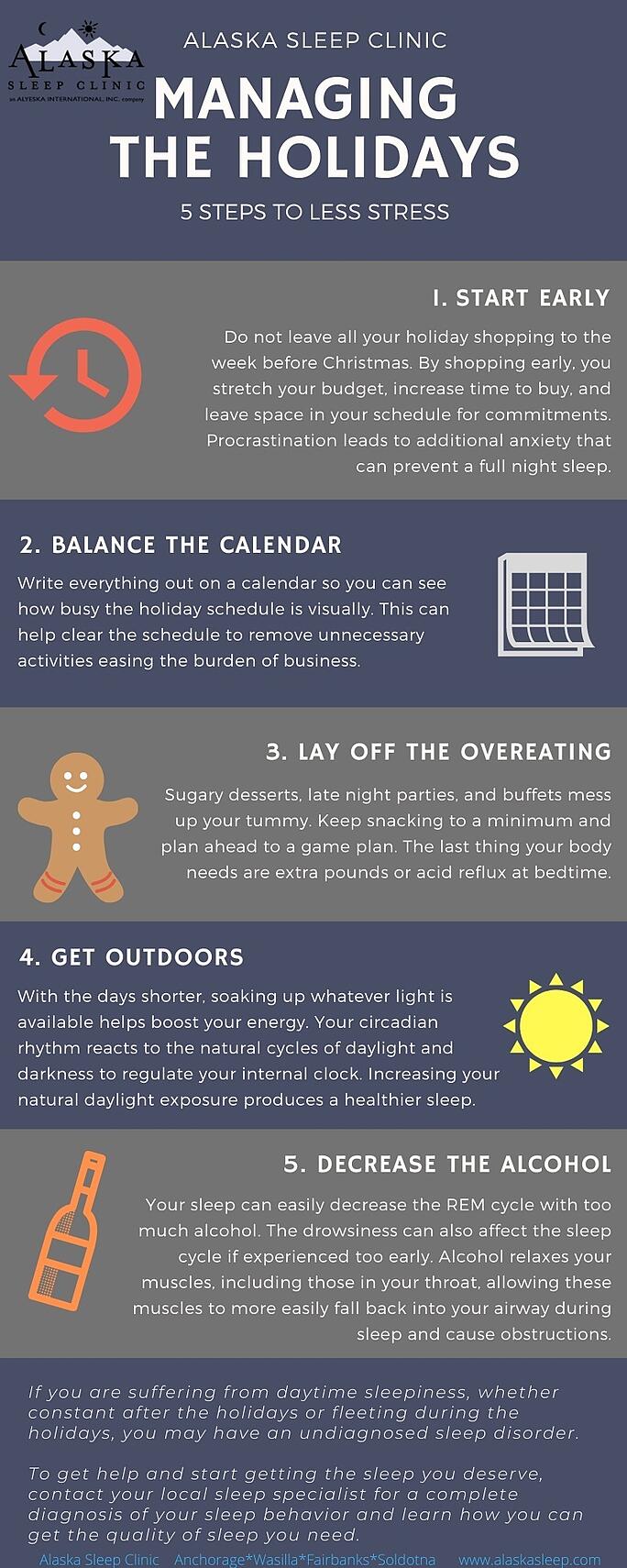Dorm Sleeping: Advice for the College Student
For 18 years, your parents created structure. There was a consistent dinner time, bedtime, and wake up time. The refrigerator maybe even had a color-coded list showing who in the house had what activity at what time and in what location.
But it all changes when you head to college. You are now responsible for alarms. No one is around to lecture you about missing class or staying up too late. And the fate of your grades depends on balancing proper sleep with attentiveness and punctuality.
“Our body contains a circadian clock, which helps to keep time for many biological functions,” said Andrew Phillips, associate professor of medicine at Harvard Medical School. “One of the key markers of the circadian clock is melatonin. Usually, at nighttime, our circadian clock sends a signal that tells us to release melatonin overnight.”
How does this affect a student? Irregular patterns. If one night a college student falls asleep at 3 a.m. and the next night 11 p.m. followed by 12 hours of sleep, the cycles are out of sync. The melatonin is released later in the night.
In a study by Phillips with Harvard College students, he found that “irregular sleepers in his study had much later circadian rhythms — by almost three hours, on average.” This irregularity places 27% of college students by a study in Journal of American College Health at risk for developing sleep disorders.

Affordable Colleges brought in the experts to further explain the importance of proper sleep patterns to college students.
- Sleep latency – The time it takes to hitting the pillow to falling asleep.
- Sleep efficiency – The amount of time you were laying in bed versus actual sleep.
- Wake after sleep onset – How many times do you wake in the middle of your sleep?
- Wake time after sleep offset – When you wake up for an abnormal awakening (burnt popcorn setting off the fire alarm is a perfect example).
- REM latency – The amount of time between the onset to the REM cycle completing.
Put simply, “a good night’s rest is a combination of enough hours of sleep and quality sleep patterns.” Campus Mind Works at the University of Michigan give three tips to help the onset of sleep start sooner and the REM cycle complete effectiveness.
- Turn off the cell phones, laptops, iPads, and video games. Take the time 30 minutes prior to bedtime for relaxation, light reading, or meditation.
- Avoid caffeine. Yes, schedules bounce all over the place in college with late night studying and activities but try to avoid the caffeine after 3 p.m.
- This may be the hardest but utilize Saturdays and Sundays to stay consistent. Do not wake up at 1 p.m. if you have to readjust every Monday to a 9 a.m. class. Bring some consistency to your schedule and sleep in for a short amount of time on weekends.

Sleep deprivation has consequences outside the classroom. According to a study at the University of Georgia, a few health risks include:
- Increase of illness due to a lowered immune system.
- Induced stress due to lack of sleep.
- Increase weight gain.
- Decreased academic performance.
- Increased automobile accidents due to fatigue caused by “drowsy driving.”
- Decreased performance in athletics and other activities that require coordination and attendance.
On the extreme end of sleep deprivation is increased negative feelings towards yourself causing suicidal thoughts. “A study published in the Journal of Youth and Adolescence examined suburban high school students in Fairfax County, Virginia who had very early school start times and found that each hour of sleep a teenager lost was associated with a 38% increase in hopeless feelings and a 42% increase in suicidal thoughts. Each hour of sleep lost was also associated with a 58% increase in actual suicide attempts.”
Other chronic mental health issues can include:
- Stress levels are elevated and your behaviors are moody affecting relationships.
- Coping skills can be compromised.
- Concentration and memory lowers making it harder to pay attention in class or even harder to study.
- Depression and anxiety kick in more often causing doubt and frustration.
So how can college students turnaround irregular sleeping? Several tips can be implemented easily and quickly.
- Talk to your roommate. If you notice grades slipping, tell your roommate you plan to change your sleep schedule.
- Find a friend. There is always a friend on your floor who goes to bed early. They focus on studies versus socializing. Ask he or she to become an accountability partner.
- Take naps. A break in the schedule every day may be a great opportunity to take a power nap. Small bursts of energy after lunch can help break up the day.
- Exercise. Exercising not only helps keep you healthy but clears the mind. Colleges have gyms, tracks, activities, intramurals, etc. Sign up for what works best to stay active.
- Fitness tracker. Purchase a fitness tracker that tracks your sleep. You may be amazed at how little sleep you are getting and how many interruptions occur.
- Atmosphere. Your dorm is your home away from home. Buy a small plant, purchase some blackout curtains, and add a diffuser. The ambiance will create a small oasis.
- Healthy eating. Your campus has plenty of options to remain healthy. Skip the sugary drinks, add more water to your day, and pick up the fruits and veggies more. Eating healthier leads to better sleep.
- Bedtime ritual. Create a ritual for bedtime. We are creatures of habit. Try meditation, yoga, journaling, or light reading as you unwind. Just stay away from electronics.
- Counseling. For some, college is a big transition. Maybe the best way to fall asleep at night is talking to a professional on campus about your anxieties.
Dorm life does not have to be the end game for restful nights. Make sure to balance your studies, your relationships, and your sleep to have the best four years of your life to prepare for the future.
If you are still having issues sleeping, you may need to consult a sleep professional. At Alaska Sleep Clinic, we have free consultations.




